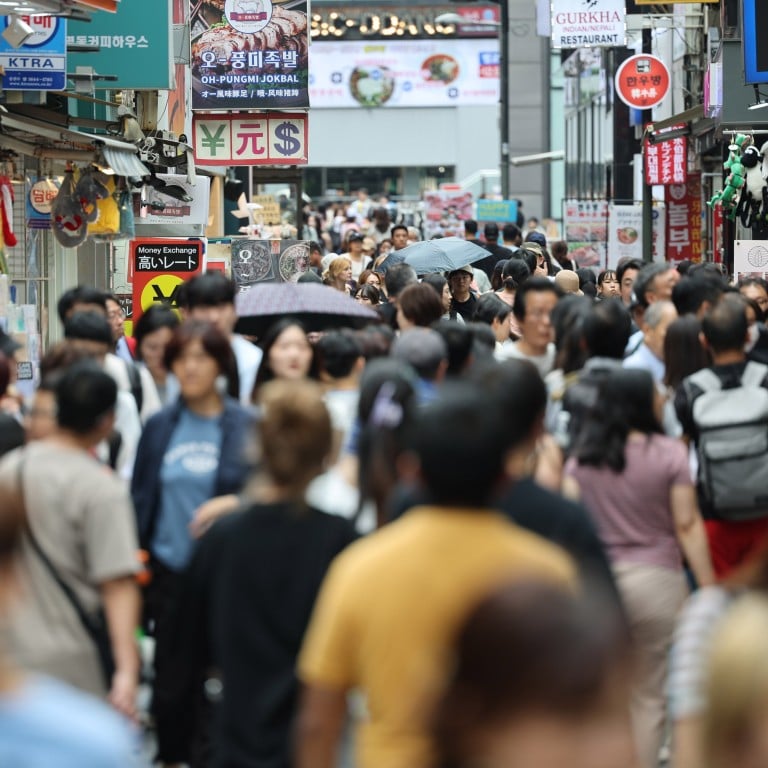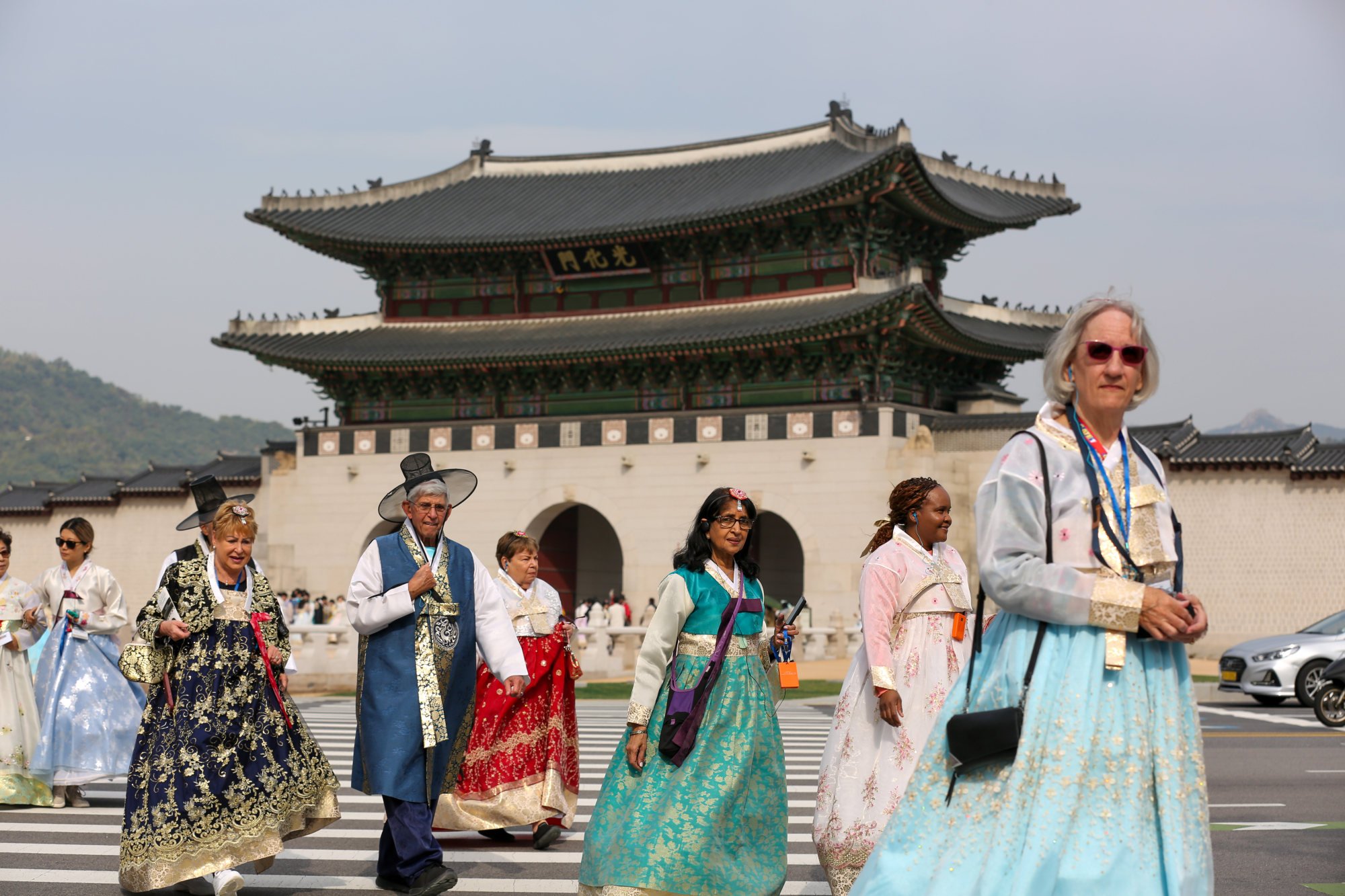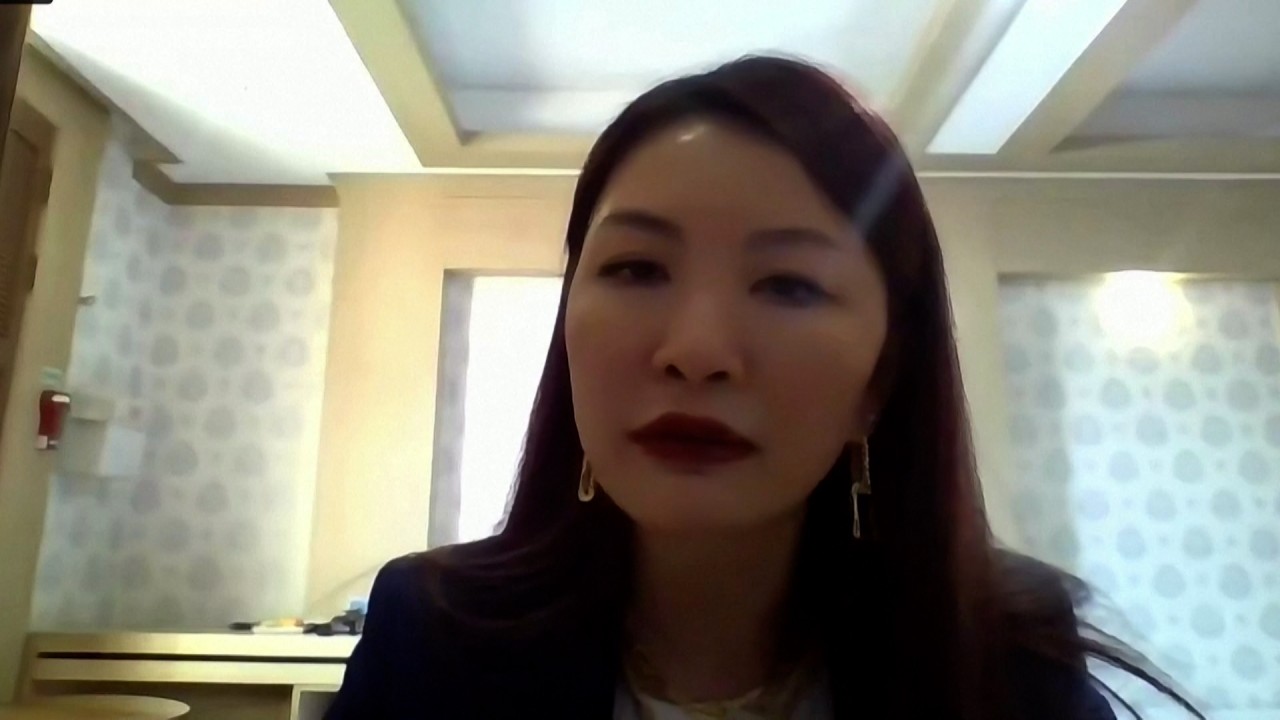
Why are Thai tourists often ‘sent back’ by South Korea? Thai PM Srettha investigates
- Many Thais who head to South Korea have come under scrutiny in recent months despite holding valid documents, sparking accusations of unfair treatment
- To reduce discrimination of tourists, some netizens urged Thailand to resolve the long-running issue of illegal Thai workers, known as ‘little ghosts’, in South Korea
Srettha said he would to take up the matter with Deputy Minister of Foreign Affairs Chakkraphong Saengmanee, adding he was not aware of the problem blamed on rigid immigration policies.
Data from the Korea Tourism Organisation showed 250,000 Thais visited the country in the first eight months of this year.
A survey by digital payments company Visa found South Korea was also among the top five travel destinations for Thais in 2023.

But many Thais travelling to South Korea have come under scrutiny in recent months despite holding valid documents, sparking accusations of unfair treatment.
“Several Thais visiting South Korea got stuck in the immigration process and were eventually sent back, no matter how many documents they presented to guarantee their credibility,” wrote a user on X, formerly known as Twitter.
The passenger claimed she was peppered with “embarrassing” questions about her travel itinerary.
An immigration officer reportedly told her she had been to the East Asian nation multiple times before deporting her.
South Korea accused of ramping up discrimination against Chinese tourists
The woman’s ordeal prompted others to share similar experiences, saying South Korea “deliberately avoids” Thais.
“I regret the money I spent on the plane ticket. I would recommend going to another country that’s more romantic than Korea,” said another social media user.
Said a commentator: “We don’t want to read reports about someone taking time off from work to travel and being insulted, disrespected and sent back to their country. It’s better to go to places that welcome you.”

In September, Thai influencer Waraphon Piyathansomsin said she was detained by South Korean immigration officers who made her spend a night sleeping on a cold floor.
She was later asked to leave the country while her fiancé was permitted to continue his trip.
The term is used to describe the estimated 100,000 illegal Thai workers employed in South Korea’s manufacturing and agricultural sectors.
But not everyone was convinced.
“It’s not a problem with the ‘little ghosts’ any more. People who have return flight tickets and paid for the hotel, you send them back? Which little ghost buys concert tickets?” a user asked.
Others called on the Thai government to find a solution to the long-running problem of illegal workers, or it could continue the discrimination of legitimate tourists and affect ties between Bangkok and Seoul.
Seoul last year launched an amnesty programme for Thai illegal workers to return home.
Thai rapper Apisit “Joeyboy” Opasaimlikit also weighed in on the immigration rules, saying those not admitted to South Korea would feel bad because they had already paid for their tickets to visit their dream destination.

